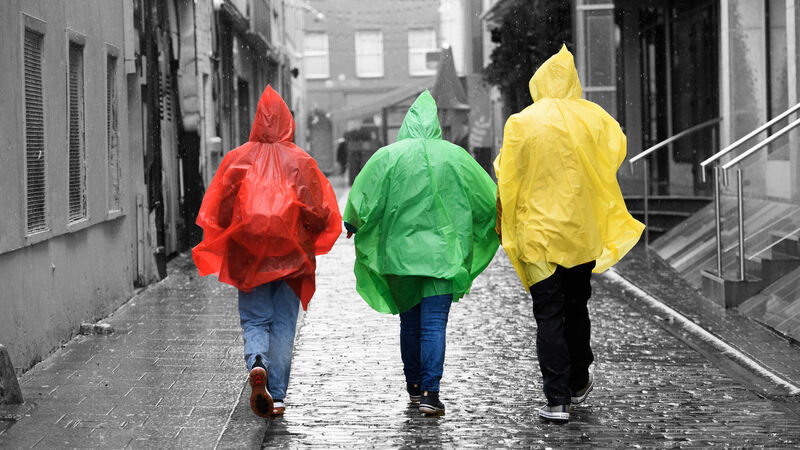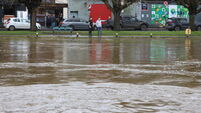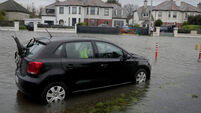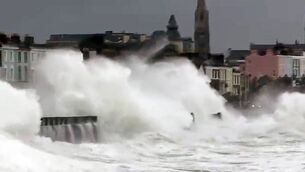2023 was Ireland's wettest and warmest year on record, says Met Éireann

Last year topped records for the wettest March and wettest July in the country, with 185% and 201% of the 1991-2020 Long-Term Average (LTA) rainfall observed. LTA is obtained by values being averaged for each month over the 30-year period. File picture: Dan Linehan
Ireland is becoming increasingly wetter, with 2023 the wettest year on record, Met Éireann said.
It means that last year was the wettest and warmest year on record in Ireland. Records for the wettest year go back to 1941 while the heat record goes back to 1900.
Check out the Irish Examiner's WEATHER CENTRE for regularly updated short and long range forecasts wherever you are.













